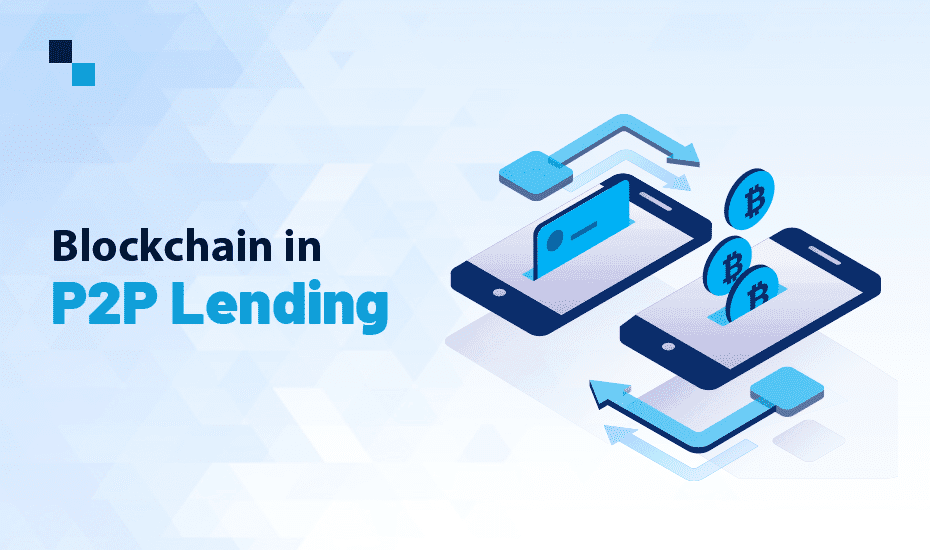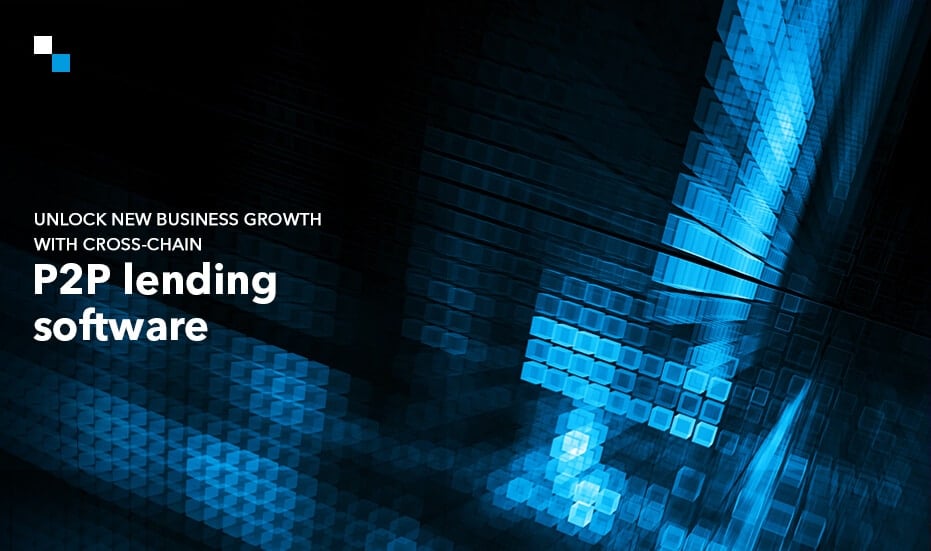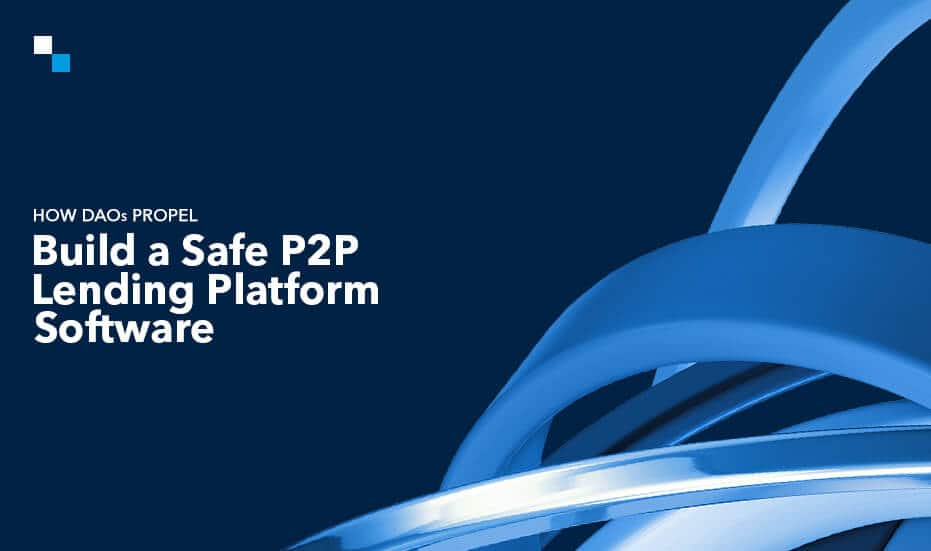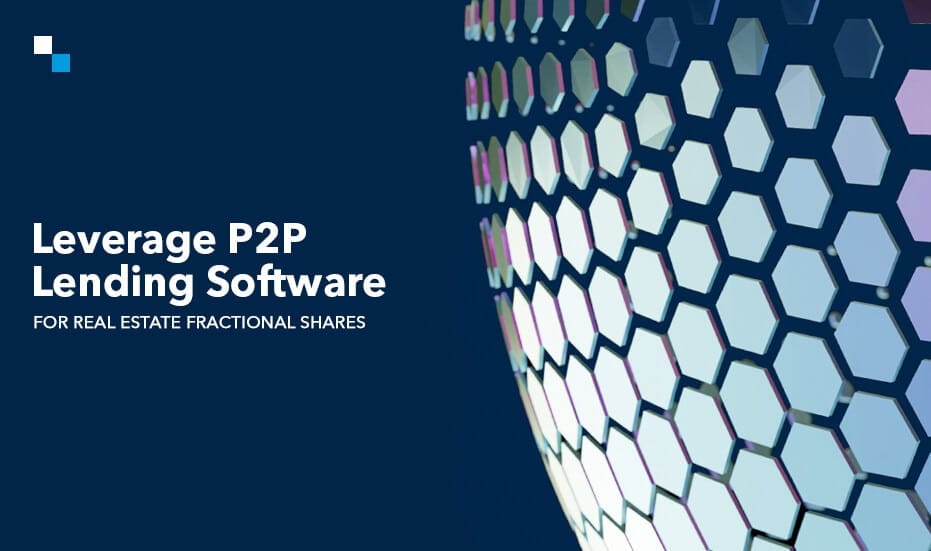
How to Launch a Successful Crypto Exchange Business
August 6, 2020
Reasons to Integrate Margin Trading to Your Crypto Exchange
August 20, 2020Blockchain has been a transformative technology, changing several industries in various sectors in the last few years. The financial sector is the one that blockchain disrupted the most for the better – P2P (peer-to-peer) lending is a part of blockchain transformation.
The introduction of P2P crypto lending software has brought in more trust and transparency to the P2P lending process, easing it off for lenders as well as borrowers. By using smart contracts based on blockchain, several frontline companies launched their P2P lending platforms.
Before we know more about how blockchain influenced P2P lending, it will be helpful to know the prevalent issues in the conventional lending process.
The pain-points of traditional P2P lending
Intermediaries are imminent to the traditional model of lending. They include a loan officer, underwriter, loan processor, etc. and the system just won’t work in their absence. However, adding them to the system also ramps up the cost of a loan.
Moreover, the abundance of points in the system means the credit process will take a couple of weeks, regardless of the urgency of the requirements. The rate of interest may also vary greatly with different companies functioning in different parts of the globe.
How blockchain changed P2P lending for the better
Blockchain-based P2P crypto lending software is decentralized, making it transparent and trustworthy. Automated smart contracts make the process really fast. Procedures that could take weeks can now culminate almost instantly.
Another big advantage is cost reduction. As borrowers are dealing with the lenders directly, it brings down the costs considerably.
Opting for P2P lending software also results in an algorithm-introduced rate of interest. Algorithms running the smart contracts would auto-generate the rate of interest-based on the borrowers’ inputs.
Here is a step-by-step process of P2P lending:
- Lenders create profile
Anyone who intends to give a loan would create a profile on a P2P lending platform, providing personal information (such as name, address, etc.), bank account information, and type of investment they prefer.
Once this is done, the lenders would simply wait for the platform to match them with the right borrowers.
- Borrowers create profile
People looking to get a loan will need to set up an account as well. Like lenders, they will also need to furnish the personal information required. They will also need to deposit collateral. Some P2P platforms may also require borrowers to mention their guarantor. After borrowers have created their profiles, the platform works to match them with the right lenders.
- Auto-payment of installments
Smart contracts linked to crypto-wallet of the borrowers automatically deduct the payments. In case an installment is not paid in time, the smart contract can add a penalty to the actual amount. The ledger would be upgraded in an automated manner and the borrower and lender don’t need to worry about it.
Borrowers may repay the whole loan amount along with the interest in a given time, or do that in installments. A smart contract is designed to handle both the scenarios, as per the business model.
Summing up
Blockchain-based smart contracts automate most of the process of P2P lending. The process is simplified to an unprecedented level, to the delight of both borrowers and lenders. The interview between the borrower and the lender is the only human activity involved in the process, while the rest is taken care of by the smart contract.
Antier Solutions stands out as a trustworthy developer of P2P crypto lending software. We provide a white label P2P crypto lending platform, and at the same time, we can build a custom P2P lending platform for you from scratch, as per your business needs.
Schedule a free demo of our white label P2P crypto lending software or connect with our subject matter experts to share your business needs.



